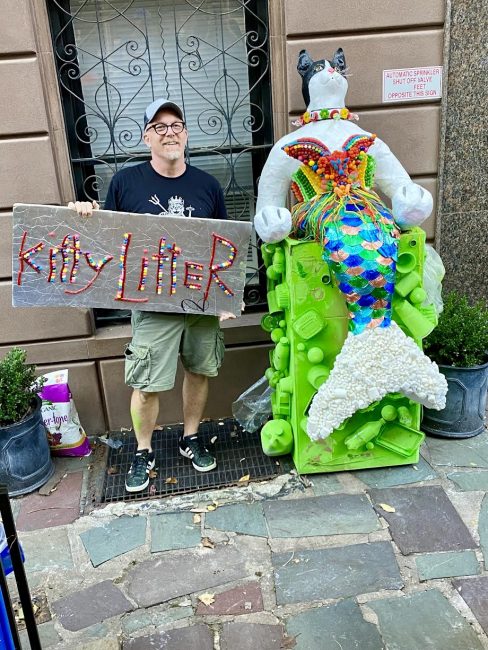Divabetic’s 10th Annual Original Mystery podcast, “Murder Plain As Vanilla,” is streaming on Spotify, iTunes, and BlogTalkRadio.
Our mystery podcast is not just for mystery lovers. It’s an engaging way to learn about diabetes and self-care. Amidst colorful characters, thrilling adventures, and delightful settings, we offer health and wellness tips to help you take charge of your diabetes self-care. We also promote the idea of thinking like a detective when you experience unexpected blood sugar fluctuations. Look for clues, gather data, talk to witnesses (friends, co-workers, and family members ), and present your ideas to healthcare professionals for solutions. A team approach to managing your diabetes is also a great idea.
Here is a synopsis of Divabetic’s 10th Annual Original Mystery podcast, “Murder Plan As Vanilla.” Mr. Divabetic, a baking enthusiast, is invited by his archnemesis and baker, Renata Whisk, to participate in the world-renowned Visions of Vanilla baking competition. The competition will feature fabulous culinary giants such as Best-Selling Cookbook Author Lily Frost, Green Thumb Gourmet, Hazel Honeywell, and the Cannoli Countess.
Max, who owes his mother a debt, accepts the invitation. However, before Max can start baking, he discovers the dead body of the Vanilla King of Madagascar, Conrad Rivera. As luck would have it, Max was the last person to see the Vanilla King alive. To prove his innocence, he seeks help from his team, USA Today’s best-selling author Tonya Kappes, health educator MaryAnn Nicolay MEd, NDTR, former FBI Agent Pauline, and his mother, Mama Rose Marie.
Things take a turn for the worse when another baker is found dead near Max’s station, raising suspicions about his involvement in the murders. Even Max’s mother is at risk. Now, with only Renata Whisk’s Puffed Pastry recipe, a rolling pin, and his team’s expertise in solving murders and providing diabetes health information, Max must solve the mystery or die trying.
Divabetic Mysteries: “Murder Plain As Vanilla” podcast features Lorraine Brooks, Catherine Schuller, Dave Jones, Seveda Williams, and Amparo Peterkin, with script editing by Wendy Radford and produced by Leisa Chester Weir.
Enjoy all of Divabetic Mysteries Podcasts streaming on Blog TalkRadio, iTunes and Spotify: Pink Panther, Phantom of the Okra, Suspect Boulevard Gypsies, Tramps & Peas, Swan Wake. Gingerbread Men Prefer Blondes, Kill Me Madam, A Christmas Peril, and Tomorrow Is Not On the Menu.
Facebook: Divabetic.Org
Website: Divabetic.Org
Instagram: Official_Divabetic
















